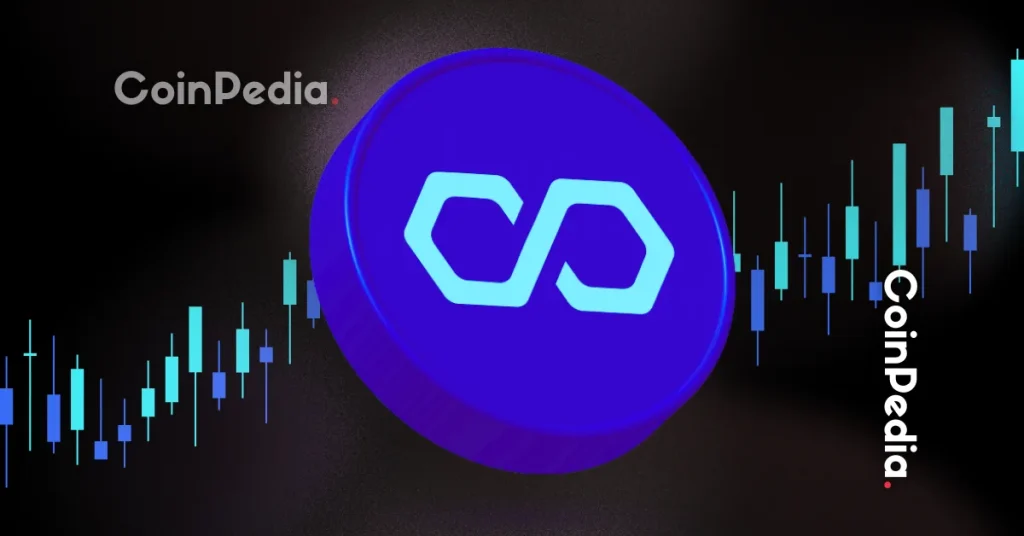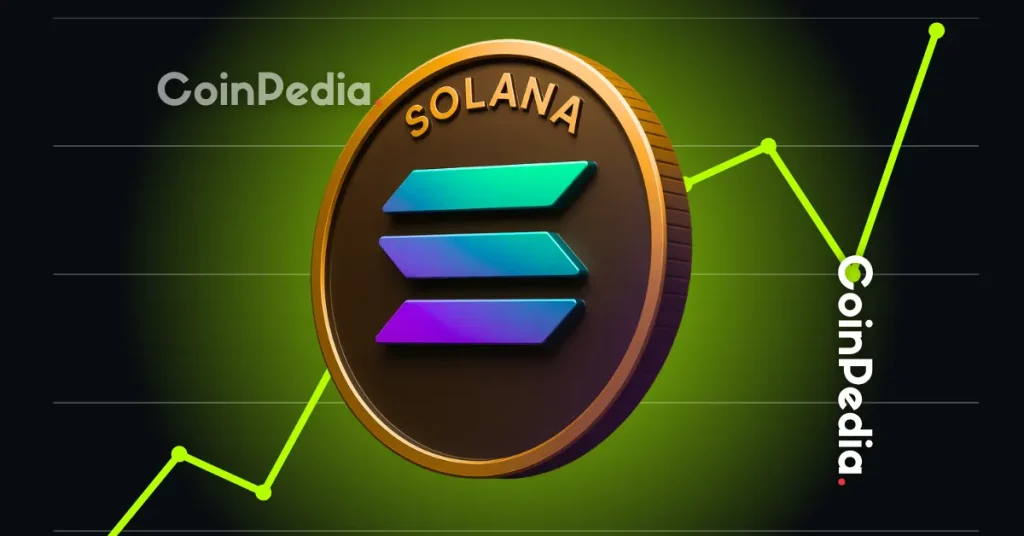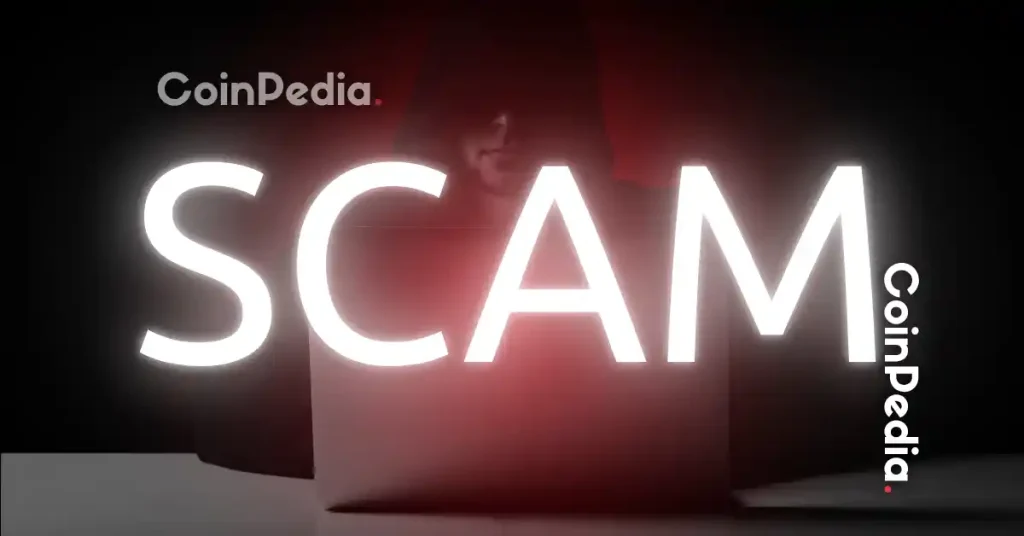Countries around the world are signing trade agreements at an unprecedented rate as President Donald Trump’s import duties force nations to seek new markets beyond the United States.
The European Union has completed three separate free trade agreements since Trump won re-election in November. The bloc finalized deals with Mercosur, a South American trading group, along with Mexico and Indonesia. Officials in Brussels are now working toward a fourth agreement with India before the year ends.
Other nations have followed a similar path. Mercosur completed a trade deal with the European Free Trade Area, which includes four countries, and restarted discussions with Canada after those talks had been stuck since 2021.
India and New Zealand began negotiating again after waiting ten years to resume their conversations. The United Arab Emirates signed three separate trade agreements on the same day in January.
Trump tariffs reshape European strategy
European officials have made it clear these partnerships are their answer to what they call unfair American tariffs. The U.S. has placed roughly 15% duties on European goods. Brussels also wants protection from Chinese flooding of markets and limits on important minerals that Europe requires for switching to cleaner energy.
The recent trade deals might not completely make up for reduced business with an increasingly protective America. Still, competing economies have started moving quickly to respond.
Maros Sefcovic, who handles trade matters for the EU, told lawmakers during a conversation about the one-sided tariff agreement with the U.S. from late July that America accounted for 17% of European trade last year. He said the United States was not the only option available.
“We also need to take care of the other 83%. That means continuing our efforts to diversify our relations,” Sefcovic explained.
As reported by Cryptopilitan previously, top officials from China and the European Union met to discuss ways to work together as both face mounting pressure from American trade policies. EU and China’s officials stress on cooperation in the face of tariffs.
Countries that previously resisted opening their markets appear to be changing their minds. Both India and France, which had opposed the EU-Mercosur agreement, seem to have relaxed their positions.
Ngozi Okonjo-Iweala, who leads the World Trade Organization, has welcomed this development as long as the agreements follow WTO rules.
“Members negotiating more agreements with each other, that helps to diversify trade, it supports the WTO. It’s not in competition because most of these agreements are built on our platform,” she said last month as mentioned in a Reuters report.
Benefits won’t come quickly
However, experts warn that new partnerships will not quickly replace losses from American tariffs. U.S. duties take effect right away, while benefits from fresh trade agreements remain years down the road. Approval processes can drag on, and tariff reductions typically happen gradually over five to ten years.
Companies might start investing to take advantage of new opportunities sooner than that.
Looking further ahead, the picture remains uncertain. New trade deals will add small amounts to economic growth, measured in decimal points. European exports to both the United States and China, where demand for European products has dropped, represent roughly 4% of EU GDP. Not all of that business will disappear.
Niclas Poitiers, who researches economics at the Bruegel think tank, estimates that Trump tariffs could reduce EU exports enough to lower the bloc’s GDP by 0.2% to 0.3%. He notes that uncertainty might hurt corporate investment even more than the direct effects of the tariffs themselves.
The current situation shows how quickly international commerce can shift when major economies change their policies. While the full impact of both the tariffs and the new trade agreements will take years to understand completely, nations are clearly racing to secure alternative markets rather than relying on traditional partners.
If you're reading this, you’re already ahead. Stay there with our newsletter.
















 English (US)
English (US)